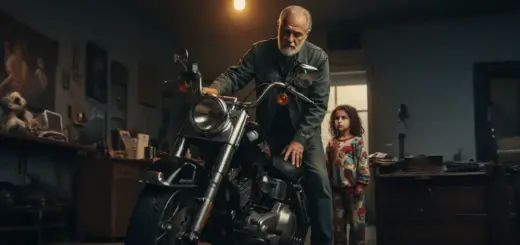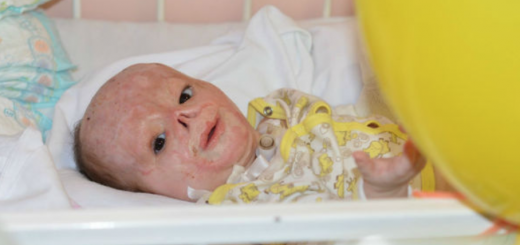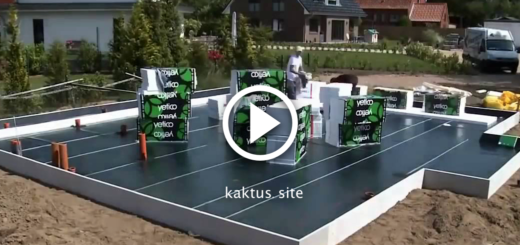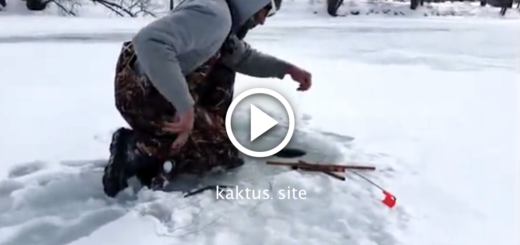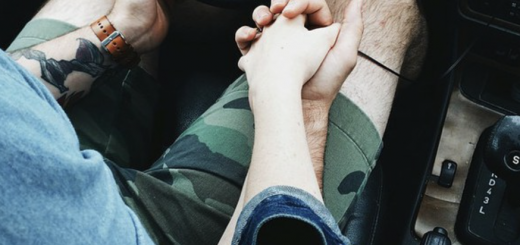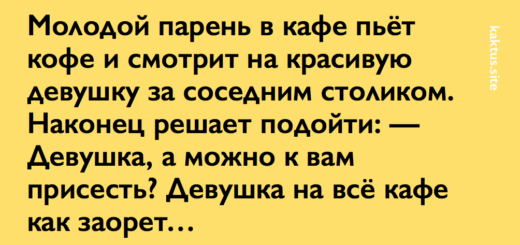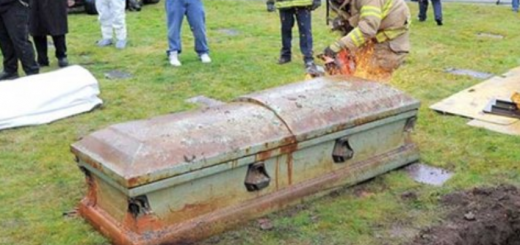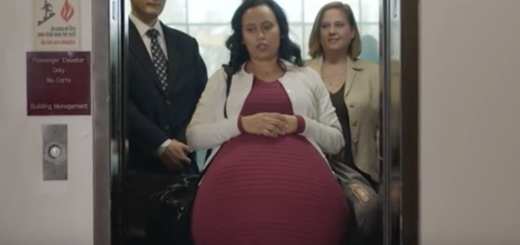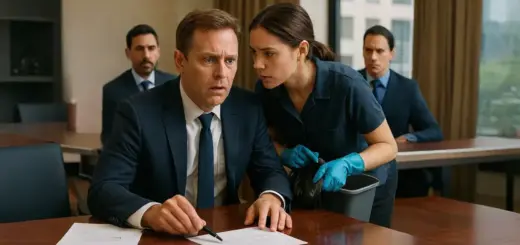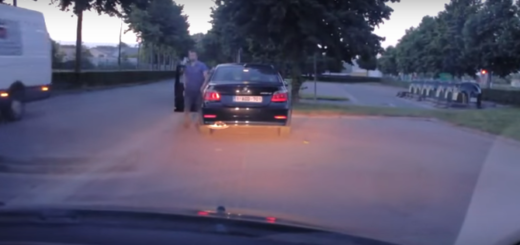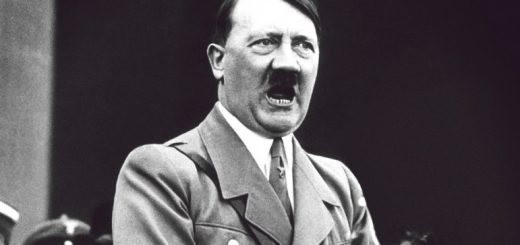But Abby, she returned to her post at the southern depot, alone, vigilant, serene. Same boots, same uniform, same quiet gaze fixed on the distant horizon.
Now, however, when soldiers passed her by, they would snap to attention and salute first. And she, the woman they had once ridiculed, sometimes didn’t even acknowledge them. She was never there for the recognition.
She was there for the moment no one else saw coming. The moment the klaxons screamed and death came silently from the sky.
It was 0420 hours when the first muffled explosion rocked the pre-dawn tranquility. A second followed, then a third. The entire base was thrown into chaos as fragmented, panicked voices erupted over the comms network.
— «Potential breach along the northern perimeter! We have no visuals! Repeat, no visuals!»
— «We’ve got bogeys in the air! I say again, inbound unknown aircraft!»
— «Command, our radar is blind! How the hell are they—»
And then, the power grid failed. Every light in the eastern half of the base winked out in an instant. Security cameras went black. Perimeter sensors flatlined.
The one location that inexplicably remained powered? Checkpoint Sierra, the isolated southern supply depot. Where Specialist Abigail Ross now stood, an M4 rifle held at the low ready.
She didn’t startle, didn’t so much as twitch. Instead, she methodically removed her communications earpiece, now buzzing with useless static, and scanned the dark horizon. Her breathing was even. Her trigger finger rested calmly alongside the receiver. But her eyes narrowed with lethal focus. Out in the deep darkness, something was moving.
It was low. It was fast. It was wrong.
Four figures, clad in black, rappelled from a low-hovering, silent helicopter, hitting the desert floor with barely a whisper. No identifying insignia. No running lights. Nothing.
Abby disengaged the safety on her M4 and pressed the silent distress signal on her belt—a hardwired, legacy system only she still maintained, one that bypassed the main grid.
The line was dead. That was it, then.
No support. No surveillance. No command structure.
Just her. And them.
The first intruder reached the outer fence and sliced through the chain-link with pneumatic cutters.
Abby fired a single, precise shot. Center mass. The figure dropped without a sound.
Three remaining. They froze, just for a second. It was all the time she needed to shift her position behind a concrete Jersey barrier. The second man hurled a flashbang grenade. She shut her eyes, turned her head, and counted to three. Then she rose back up. Two more shots rang out.
One target was spun sideways by the impact. The other collapsed, hit in the leg, crawling for cover.
The last man broke into a desperate sprint toward a guard tower. Abby vaulted over the barrier, her movements impossibly low and fast. She didn’t move like a standard-issue soldier. Her motion was surgical, fluid, and utterly silent. By the time the final intruder reached the base of the tower, she was already there, a shadow that had materialized behind him.
A single, quiet command stopped him cold.
— «On your knees.»
He spun around, trying to bring his weapon to bear. He was far too late. The shot was suppressed, a tight, precise cough of sound. He crumpled to the ground.
Minutes later, the base’s Quick Reaction Force finally arrived. Armored personnel carriers roared onto the scene, soldiers disembarking, shouting into their radios, disoriented and confused. Colonel Keane was among the first, his sidearm drawn.
When they reached Checkpoint Sierra, they stopped in their tracks. Four bodies lay on the ground, and a lone woman stood over them, her rifle still pointed downrange. There was blood on her sleeve, but none of it was hers.
Abby looked up as Keane approached.
— «Report,» he commanded, his voice tight.
— «They bypassed our radar with an EMP drone over the northern sector. Made their insertion here,» she stated calmly. «Undetected. All hostiles neutralized.»
— «You did this alone?»
She nodded.
— «There was no time to wait, sir.»
Keane surveyed the scene, the quiet efficiency of the carnage.
— «You didn’t just wait,» he breathed. «You annihilated them.»
Another voice spoke from behind them. It was General Wallace, his face ashen in the emergency lights.
— «That tattoo,» he muttered, staring at her arm. «It wasn’t a warning to others. It was a seal. It contains them.»
The story spread through the ranks like a shockwave. Four black-ops infiltrators, eliminated by a single soldier before the base had even sounded a general alarm. Intelligence later confirmed the attackers were a deniable paramilitary unit tasked with probing the vulnerabilities of US installations. They had expected to meet no resistance, and certainly not at the forgotten southern depot. Certainly not from her.
In the weeks that followed, Abigail Ross was offered medals, a field promotion to Sergeant, and a full, honored reactivation of her Spectre clearance. She politely refused it all. She accepted only one thing: permission to remain exactly where she was, at the edge of the base, a silent guardian of the place everyone else overlooked, until the moment she was needed to remind them why it mattered.
And the tattoo? No one dares to laugh at it anymore. They salute it.
Because now, when new recruits see the Monarch butterfly as she walks past, they don’t whisper, «Poser.» They whisper, «That’s Ross.» And if you ask them what the emblem really means, they’ll tell you it doesn’t signify a past she survived. It’s the silent promise of who will still be standing when everyone else is gone.



